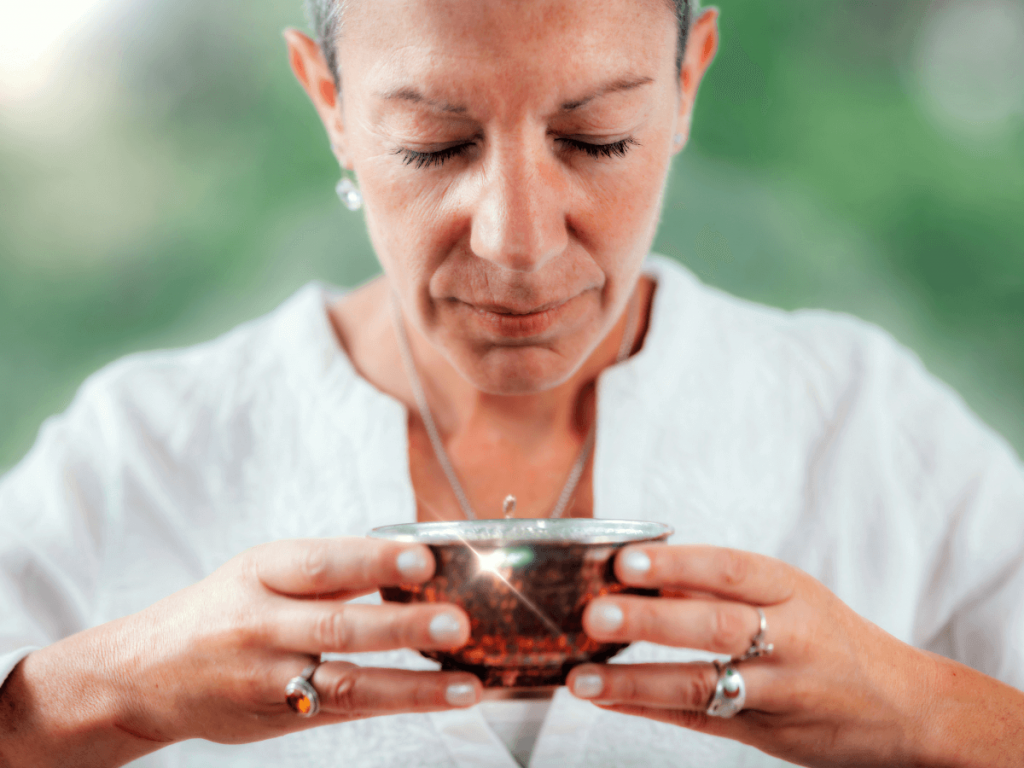Intentional living as a concept is loaded with meaning and can be overwhelming at first glance. When I heard it first, I thought it meant knowing at any given point what I want and how to get there – from grand decisions around career or relationships to small daily choices like what restaurant I want to go to with my friends.
The good news is that you don’t have to have everything figured out, but the challenging part is that there is a lot, and I mean a lot, of thinking and reflecting involved, which requires a certain skill and habit-building.
Intentional living is about recognizing when we are faced with decisions and making those in alignment with our true selves. It is about becoming the architect of your life and designing each important area consciously and with purpose. It involves actively shaping your choices, actions, and priorities in alignment with your deeply held values and aspirations.
As such, intentional living is about being an active participant in your life, rather than a mere observer that accepts circumstances as they unfold. As such, becoming intentional and purposeful entails recognizing the significant weight of our choices and what shapes them. It involves a combination of self-knowledge, building habits to live in alignment with our purpose and a whole lot of self-belief to keep going at it.

Your Decisions Define Your Life Quality
Life presents us with a multitude of questions e.g. “Am I going to have a rich grain salad or pizza?”, “Do I treat myself to dessert?”, “How often and consistently do I go to the gym?”, “How much ‘me’ time do I need?”, “How often do I make time for friends and socializing?”, “How much time do I make for my hobbies?”, “Is today the day I ask for a pay rise?” and more.
On the surface, those are simple everyday choices, but collectively they influence the trajectory and quality of our lives. For example, eating relatively sugary foods and having chill evenings can build up into serious health issues within a few years. Not asking for opportunities at work such as pay rise, promotion or exciting projects can lead to long-term entrapment, dissatisfaction and resentment whilst taking action can mean either getting what we want or seeing very clearly whether we need to pivot.
Our decisions, big or small, carry weight and influence the quality of our lives, both in terms of experiencing satisfaction as well as fulfilment. When we take accountability for our decisions we also acknowledge the ripple effect this has for us and others.
Your Environment Shapes Your Decisions

As any sociologist or anthropologist will tell you, we are born into a culture and are part of multiple social systems. They provide a framework for behaviours, norms, values and language so that we can function collectively. The irony is that we can get trapped in those frameworks if we don’t critically reflect on their impact on our lives.
Slavoj Žižek, the Slovenian philosopher, aptly captured this notion with his quote: “The first act of freedom is to recognize the necessity of confinement.” While we cannot entirely escape the confines of our cultural and societal backgrounds, we can exercise agency within these boundaries by becoming conscious of their influence. By doing so, we can redefine our direction and, perhaps, catalyze social change if a collective desire emerges.
Some of the most notable counter-culture movements of the past century were the hippie movements with the civil rights movements in the US or the punk subculture that emerged in the UK. A counter-culture point can also be considered fashion innovations like the mini skirt by André Courrèges. In all those cases, we see individuals challenging social and cultural norms, pushing the boundaries of what is acceptable. Today we witness similar defiance around gentle parenting, child-free lifestyle and the 4B movement in South Korea. Those examples showcase the transformative power of individuals aligning their actions with their personal values and aspirations, inadvertently capturing the zeitgeist.
What does that mean for you? Think of all the “shoulds” that you are encountering daily and ask if they are truly something you want and where those expectations came from. By challenging your expectations and assumptions, you will be able to differentiate the influence of your cultural and social background from your authentic voice. This will empower you to align your decisions closer to what your values and aspirations are.
The Key to Better Decisions Is Self-Knowledge
I’ve already written a lot about why self-discovery and self-awareness are important, so feel free to read about those more in detail in the linked articles.
Intentional living entails having a defined aim and purpose that serves as your guiding principle when making decisions. When we have a vision for our lives, it becomes easier to align our choices with that vision and identify areas of improvement.
For instance, if our life vision is to live a healthy and peaceful life, we might become more selective of the people we spend time with. It can mean turning down a job that gives you amazing growth opportunities but you know you would have to commit 60+ hours per week to your role. It might mean moving from the city to the countryside to embrace a slower pace of living. It can also just mean you spend more on better quality foods.
Taking small steps towards our vision tends to feel fulfilling even if they would look like a sacrifice to someone else. There is one exemption to this though. Sometimes we can experience an internal conflict where two equally strong but opposite life visions fight for the upper hand, causing internal tension and a standstill. If you suspect this might be the case, here’s a useful article on how to resolve this type of internal conflict through understanding your core values.
The bottom line is that by exploring who you are and understanding your desires – be it life vision, personal growth, communication, contribution etc. you will be able to make better decisions and gain more satisfaction in life.

The Takeaway
With intentional living, we embrace the importance of making decisions aligned with our values and aspirations. Intentional living involves consciously shaping various aspects of our life, from daily choices to major decisions, in accordance with who we want to be. This makes us an active participant in life rather than passively accepting circumstances, thus improving our quality of life and fulfilment.
The environment and societal norms play a significant role in decisionmaking. By critically reflecting on cultural influences we are exposed to, we can make a decision on what is true to us and alignes with our authentic voice.
However, in order for us to be able to put our best interests first and discern influences from outside, we first need to work on our self-awareness and to know who we are deep down, what our values are and what we need to feel fulfilled. Having a clear image of who we are will give is a clear vision of who we want to be, thus we will be able to align our choices to our personal goals and values.
Ultimately, with intentional living, we are encouraged to become active participants in the lives we want, rather than having our lives be circumstanced which will lead to stuckness, resentment and dissatisfaction. It’s about making decisions that lead to greater satisfaction and fulfillment in life.
Ready to transform your life? Let’s conquer your challenges together! Book your free introductory call or email me at contact@janjaport.com. Your journey to unstoppable confidence and satisfaction starts now.
